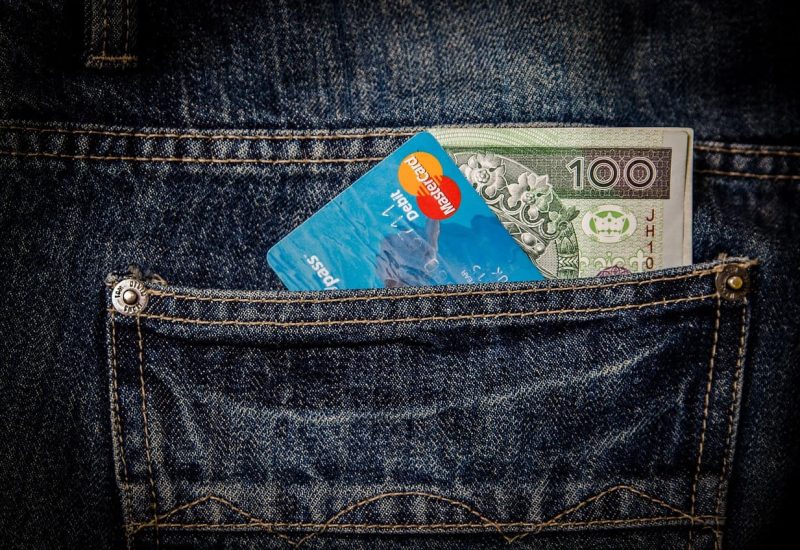Artists in Namibia covered flashy cars with sand and clay and used windshields for messages aimed at conserving water.

Namibians use art and solar power to conserve freshwater
Talk about transient art. A subversive kind of green art out to make a point.
A group of artists in Namibia covered flashy cars with sand and clay at an exhibition held by a local advertising agency in partnership with the city of Windhoek.
The artists then used the sand and clay covering on cars’ rear windows as their canvas to sketch messages about the importance of conserving water in an arid region. It was part of a campaign called “Don’t Wash Me,” which called on people not to waste water by washing their cars as a water crisis has gripped Namibia.
Despite facing a prolonged drought car owners, who belong to the well-off in society, continued using lots of water to clean their vehicles of dust. Car wash businesses did the same. Owning flashy cars in Namibia is a way for people to flaunt their social status.

“Our behaviours are rooted in our beliefs. An example is the commonly held belief that your car must be spotless and shiny to carry a sense of status. If your car is dirty you don’t have self-respect. Or you’re poor,” says Advantage Y&R.
That’s where the arts project by the agency came in. Instead of leaving shiny cars spotless, they set about creating short-lived masterpieces on dusty rear windows. “Ultimately, we want to challenge all ideas that are culturally ingrained but not conducive to sustainability” adds Advantage Y&R.
This is one of many efforts by private organizations in the African nation that encourage people to save water during recurrent prolonged droughts. Recently, President Hage Geingob has declared a state of emergency because of chronic water shortages.
Namibia is hardly the only African country facing erratic rainfall as a result of climate change. Yet the situation is especially dire in Namibia. According to the country’s government, one in five locals are susceptible to malnutrition because of a constant lack of rain since 2013.
The water crisis also affects several sectors in the national economy, including livestock husbandry, which is the country’s economic main sector and accounts for 75-80% of GDP. A recent drought has killed numerous farm animals in the region.
Namibia’s government has responded to the crisis by demanding that businesses cut their water usage by 30%. This policy, however, affects small businesses by enterprising locals that need to use a lot of water, including hair salons. “We don’t wash gents’ hair any more, but we can’t send a female customer getting a dye job home without washing her hair,” said Michelle Bergmann, a hairdresser who is working in a salon in Windhoek.
The effects of water shortage do not spare corporate giants like Coca-Cola, which has made a decision to halt production of its soft drinks in the country. Yet, even though policies by the government have succeeded in limiting water usage, they have not been effective enough to provide Namibia with long-term water security.
New infrastructure and investments are needed to find new water sources to meet water demands. As the country lies along the southwestern coast of Africa and is blessed with abundant sunshine all year round, fresh water gained through solar-power desalination could be one off-grid solution.
The country has recently commissioned a solar-powered desalination unit that can produce fresh water and do so while filtering out bacteria, viruses and toxic chemicals. The water desalination plant is located at the Sam Nujoma Campus of the University of Namibia in the town of Henties Bay.
Without any energy costs, the new water source can produce 100 m3 of water a day that can be used for both domestic consumption and irrigation purposes.
“The impact we hope to achieve with this plant is to contribute to food security and increase energy supply while combating and mitigating the effects of climate change,” says Kenneth Matengu, vice chancellor of the University of Namibia (UNAM).
Did you like it? 4.5/5 (30)








